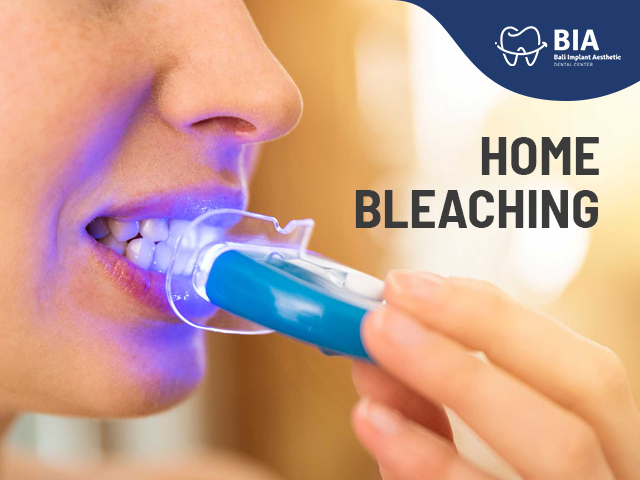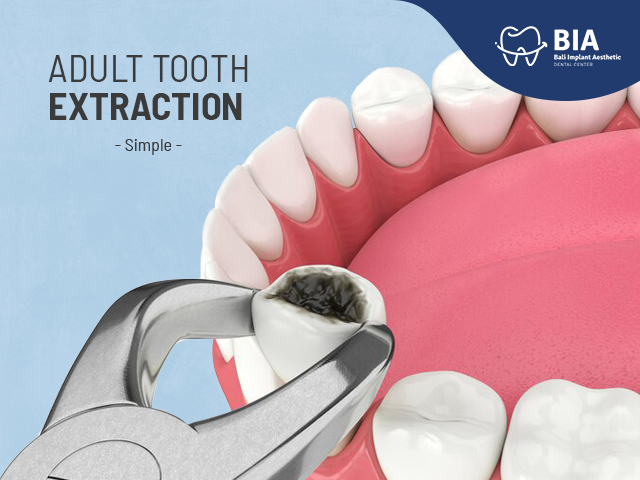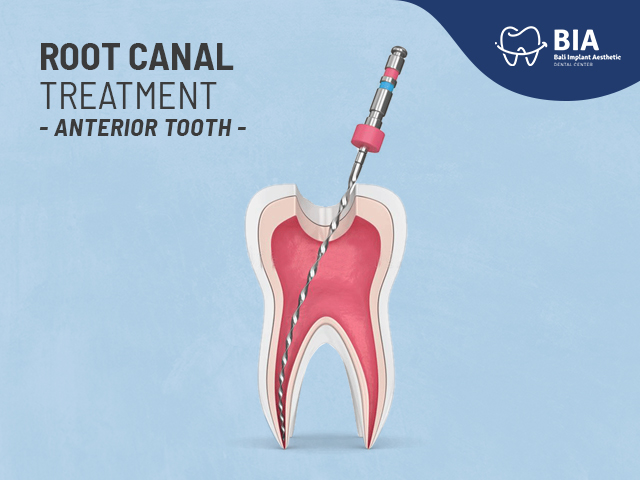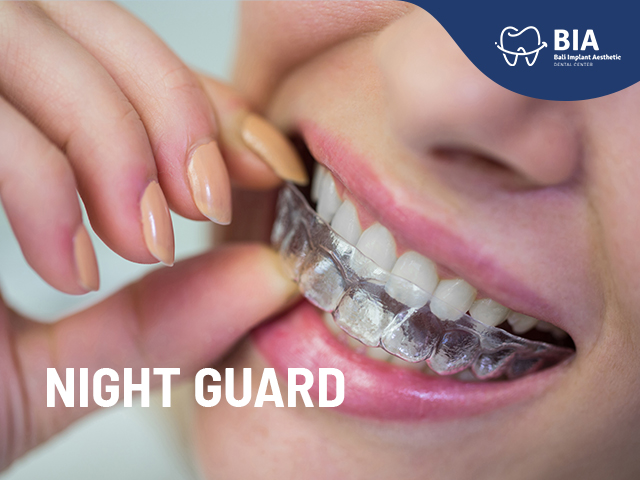Toothache Can Be Prevented
Article | 2020-02-26 00:00:00
Oral and dental health is an inseparable part of entire body health, meaning that a healthy body cannot be separated from having healthy teeth and mouth. Therefore, to carry out health programs, efforts in the field of dental health must not be abandoned. However, at this time Indonesian people's awareness of the importance of having healthy teeth and mouth quality is still lacking. This is proven by more than half the population aged 10 years and over in Indonesia experiencing cavity problems that have not been treated. Dental cavities or caries are characterized by damage to the tooth structure which then causes the formation of holes in the teeth. If not treated immediately, this disease can eventually cause pain, and tooth loss and even triggers the emergence of various dangerous diseases. Several studies report an association between dental disease and coronary heart disease, atherosclerosis, pneumonia, diabetes and premature birth.
Actually, the awareness of the importance of oral health has long been implanted in dentistry. There have been a number of very fundamental changes in the concept of dental care since around 1970. Previously, many people considered tooth extraction as the right decision to relieve toothache. In terms of the patient's needs at the time of the complaint, tooth extraction is considered to be a very solutive, because with the loss of a tooth that hurts the patient is free from his suffering. However, when viewed in terms of functional needs, tooth extraction is the beginning of a series of new problems. Tooth loss will reduce the comfort and efficiency of chewing. Therefore, the paradigm of society began to shift. Lately, treatment is more directed at efforts to care or maintain the stability of the function of the entire masticatory system, either through preventive or recovery measures. Some precautions that can be taken include maintaining oral hygiene, dental health education, diet and sugar consumption, and the use of fluoride. The description is presented below.
Maintaining Oral Hygiene
Brushing, flossing and professional prophylaxis are basic efforts in maintaining oral hygiene. The skills and methods of brushing teeth must be emphasized so that everyone is able to clean the entire surface of his teeth. Every individual should brush their teeth twice a day immediately after breakfast and at night before bed with toothpaste containing fluoride. The use of dental floss also needs to be accustomed to cleaning areas of the tooth gap that are difficult to reach by toothbrush bristles. Professional prophylactic measures such as scaling and root planning are done professionally by dentists.
Dental Health Education
Health Education is an effort to influence or invite others to carry out healthy living behaviours. In relation to healthy living behaviour is important because the level of health is one of the factors that determine the Human Development Index (HDI). Dental health education about oral hygiene, diet, sugar consumption, and regular visits to the dentist are more emphasized in children who are at high risk of dental diseases such as caries and supporting tissue diseases. This information should be individualized and carried out continuously and must build children's motivation and responsibility to maintain oral health.
Diet and Sugar Consumption
Preventive for dental caries put more emphasis on children to reduce their consumption and control the frequency of high sugar intake. This can be done by giving advice on a good diet and a sugar substitute diet. The recommended diet is to eat adequate amounts of protein and phosphate which can increase the alkaline nature of saliva, more eating vegetables and fruits that are fibrous and water containing which are able to cleanse and stimulate salivary secretions, avoid sweet and sticky foods, limit the frequency of eating three times a day and suppress the desire to eat between meals.
Use of Fluoride
The use of fluoride can be done through fluoridation of drinking water, toothpaste and mouthwash containing fluoride, fluoride tablets as well as topical application of fluoride. Fluoridation of drinking water is the most effective way to reduce the problem of caries in society in general. The use of mouthwash is recommended for children who are at high risk or during an increase in caries. Topical application of fluoride is recommended if the use of toothpaste containing fluoride, fluoride tablets, and mouthwash is not enough to prevent or inhibit the development of caries. Topical application of fluoride is given every four or six months to children who have a high caries risk by medical professionals.
Source:
Axelsson P. 1999. An introduction to risk prediction and preventive dentistry. Chicago: Quinressence Publishing Co., Inc., 113-114.
Panjaitan, M. 1997. Etiologi karies gigi dan penyakit periodontal. Ed ke-1. Medan: USU Press: 30-53.
Pintauli, S. dan Hamada, T. 2007. Menuju gigi dan mulut sehat. Pencegahan dan Pemeliharaan. Medan: USU Press: 1-20.




